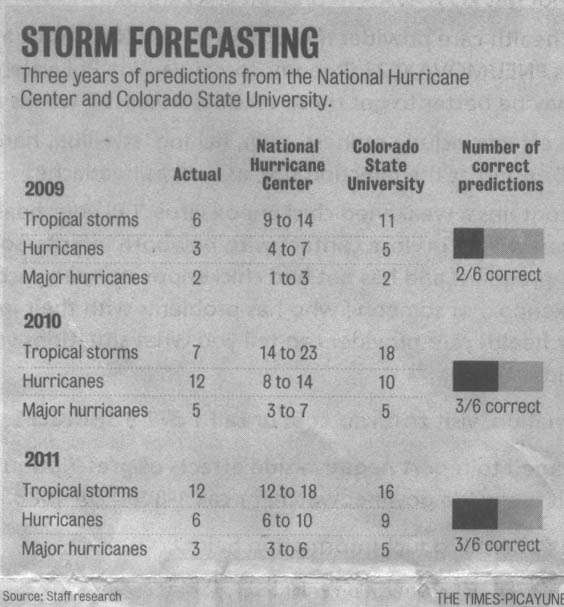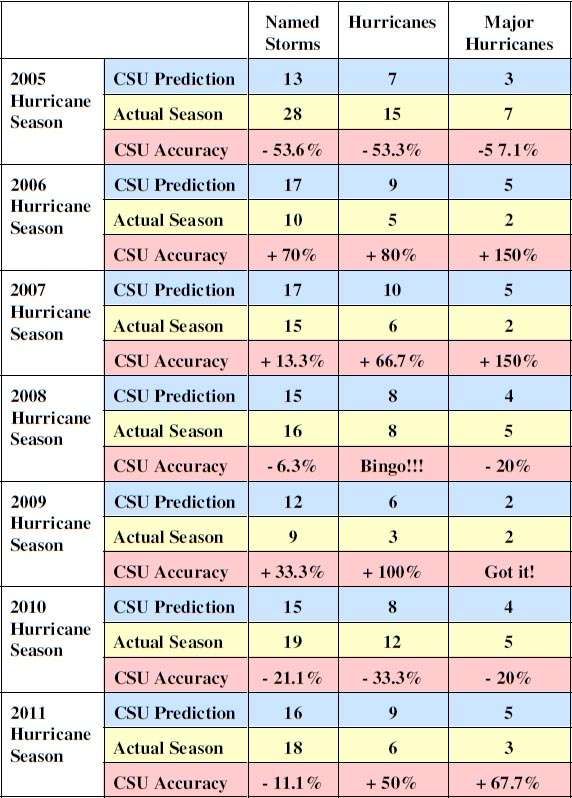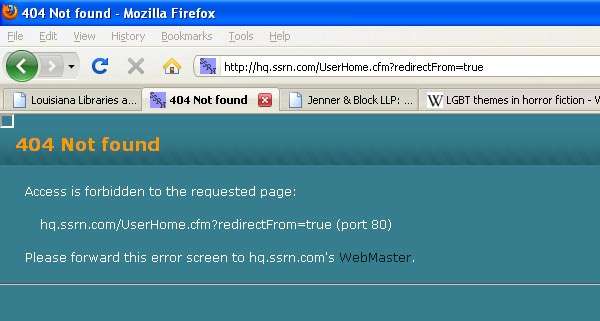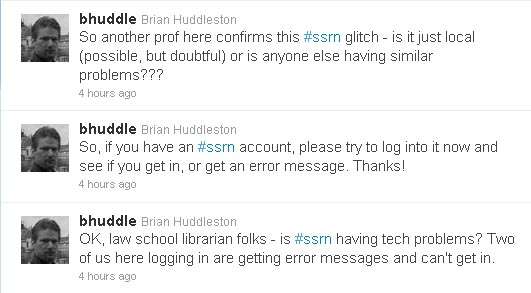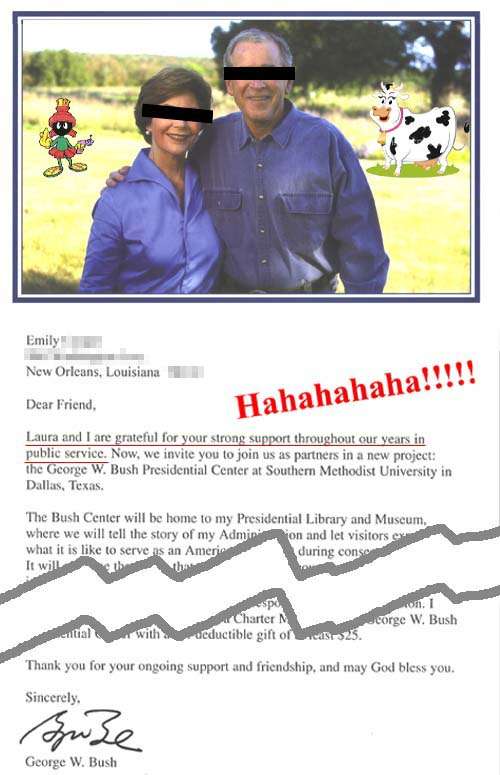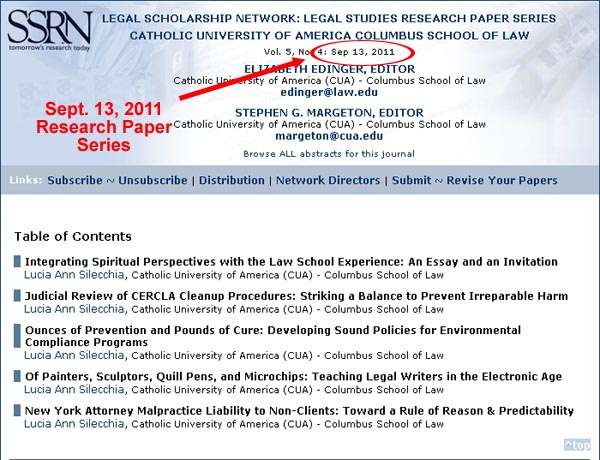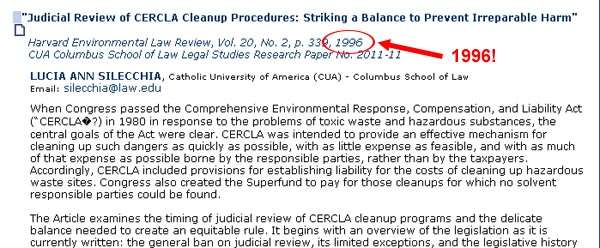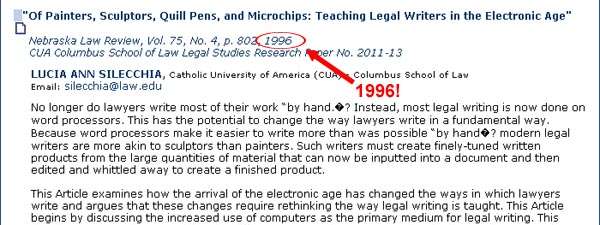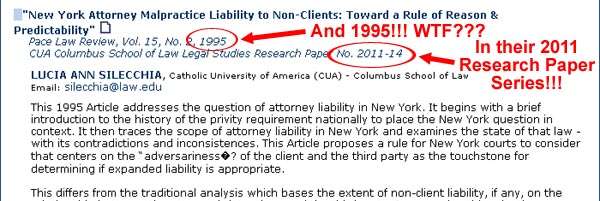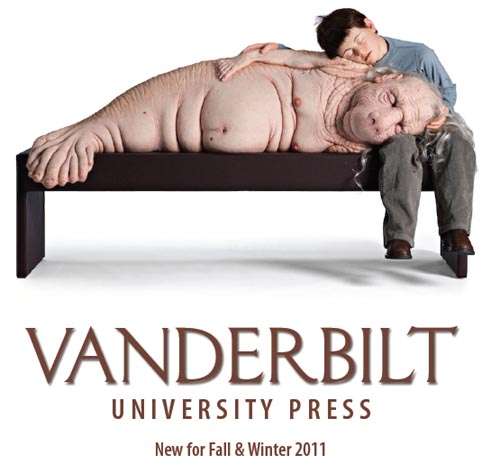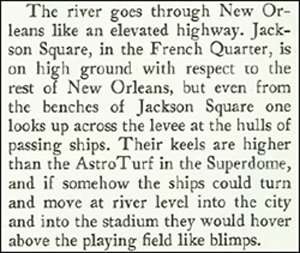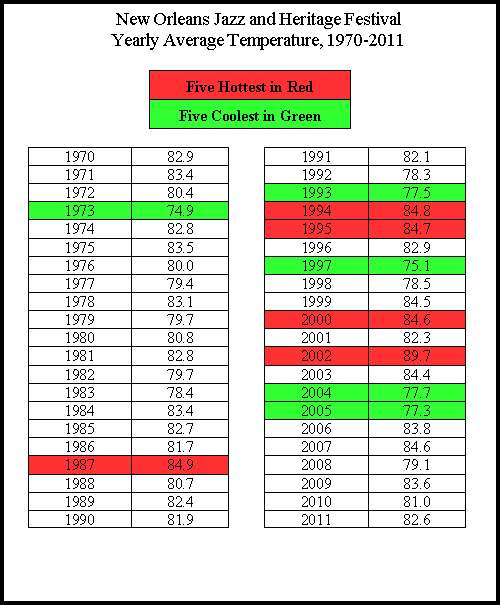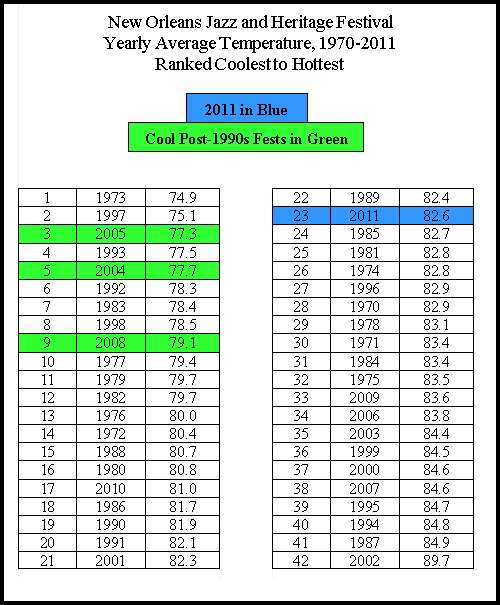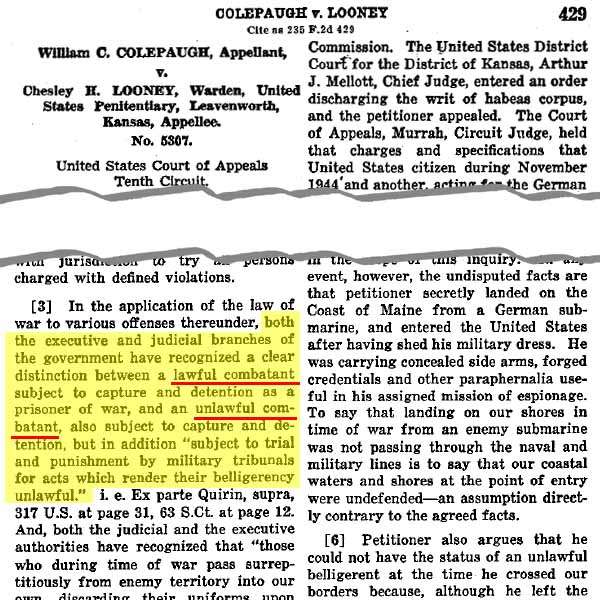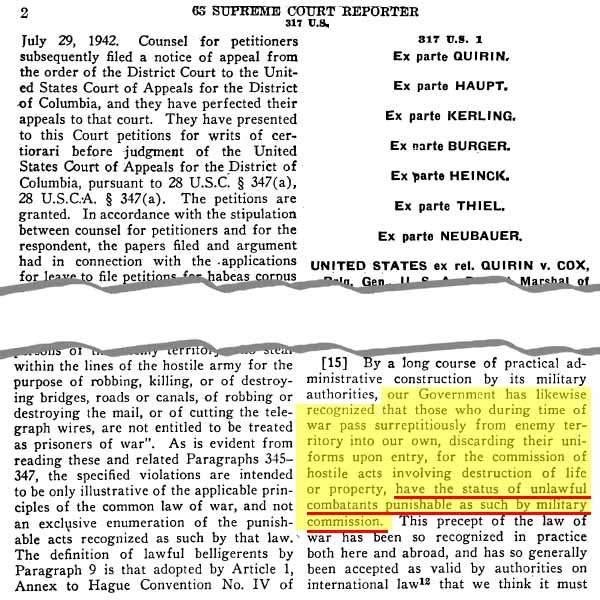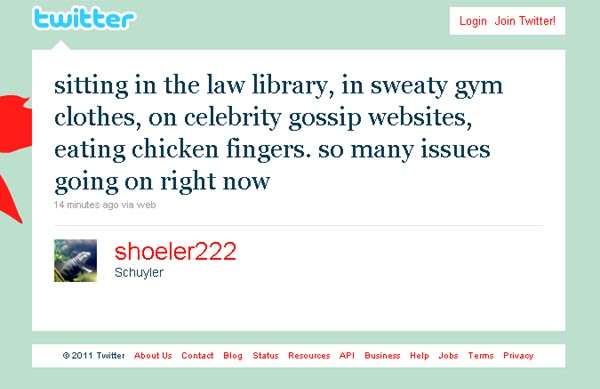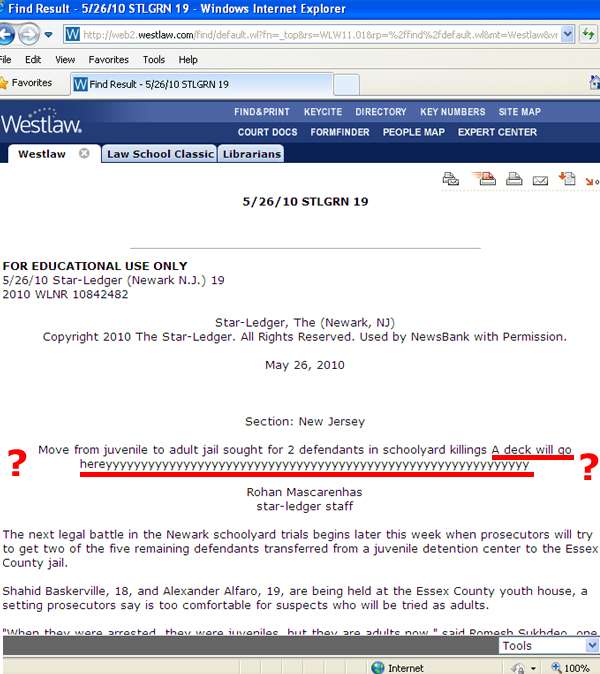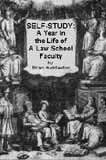But in response to that, others have 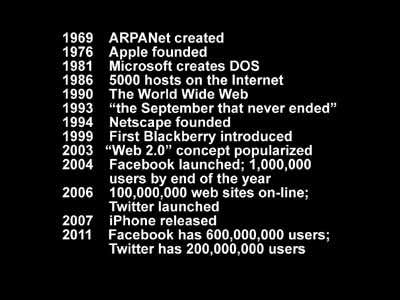 pointed out, no, in order to survive, our ancestors had to be alert to multiple possible threats around them and stay attentive to every sound or movement heard or saw.
pointed out, no, in order to survive, our ancestors had to be alert to multiple possible threats around them and stay attentive to every sound or movement heard or saw.
So maybe this drive to regularly check  our e-mail, Twitter stream, Facebook, RSS feeds, etc., is just an adaptation of early survival mechanisms and the evolution of the internet is just the latest step in mankind’s evolution and so, sure, we’re perfectly capable of dealing with this modern deluge of information.
our e-mail, Twitter stream, Facebook, RSS feeds, etc., is just an adaptation of early survival mechanisms and the evolution of the internet is just the latest step in mankind’s evolution and so, sure, we’re perfectly capable of dealing with this modern deluge of information.
Well, if that’s true, what else have evolution prepared us for?
For one, our taste buds and appetites evolved to crave fatty, high-calorie foods. So surely we’re also capable of dealing with the modern deluge of readily available, inexpensive food, right? How’s that been working out for us?
evolved to crave fatty, high-calorie foods. So surely we’re also capable of dealing with the modern deluge of readily available, inexpensive food, right? How’s that been working out for us?
Well, today - thanks at least in part to evolution - one-third of adult Americans are obese. Are we going to see an epidemic of “information obesity” soon? Are we starting to see that now?
evolution - one-third of adult Americans are obese. Are we going to see an epidemic of “information obesity” soon? Are we starting to see that now?
The concept of “internet addiction” is debatable, but our brains do have several re-enforcing mechanisms that recent research indicates are relevant to how we work with information today.
debatable, but our brains do have several re-enforcing mechanisms that recent research indicates are relevant to how we work with information today.
When our ancestors were on the hunt, or seeking or searching for something, their brains released dopamine - a chemical similar to adrenaline - to help keep them sharp and alert and on edge. Then, when they found what they were looking for - a meal, a mate, whatever - that physical, concrete reward would satisfy that seeking/hunting behavior and their brains would then release endorphins to give them a nice, contented feeling. These endorphins would also balance out the dopamine, take the edge off, bring them down, and they’d feel relaxed and satisfied.
or seeking or searching for something, their brains released dopamine - a chemical similar to adrenaline - to help keep them sharp and alert and on edge. Then, when they found what they were looking for - a meal, a mate, whatever - that physical, concrete reward would satisfy that seeking/hunting behavior and their brains would then release endorphins to give them a nice, contented feeling. These endorphins would also balance out the dopamine, take the edge off, bring them down, and they’d feel relaxed and satisfied.
Today, we’re engaging in similar  seeking/hunting behavior when we use all these on-line information resources and electronic gadgets: dopamine is responsible for that slight rush we feel when we’re on-line, searching on Google, browsing Westlaw results, checking e-mail, reading our Twitter stream, etc. BUT because the objects/targets of these electronic “hunts” are virtual, there is no concrete thing to trigger the endorphin-fueled feeling of satisfaction/contentment. So after we’ve completed our on-line “hunt”, we’re still on-edge from the dopamine rush, but it starts to wane, so to get it back, we’ll search for something else, starting a cycle of seeking behavior we’ll use to try to keep that rush going.
seeking/hunting behavior when we use all these on-line information resources and electronic gadgets: dopamine is responsible for that slight rush we feel when we’re on-line, searching on Google, browsing Westlaw results, checking e-mail, reading our Twitter stream, etc. BUT because the objects/targets of these electronic “hunts” are virtual, there is no concrete thing to trigger the endorphin-fueled feeling of satisfaction/contentment. So after we’ve completed our on-line “hunt”, we’re still on-edge from the dopamine rush, but it starts to wane, so to get it back, we’ll search for something else, starting a cycle of seeking behavior we’ll use to try to keep that rush going.
That’s how we’ll say “Oh, I’ll quickly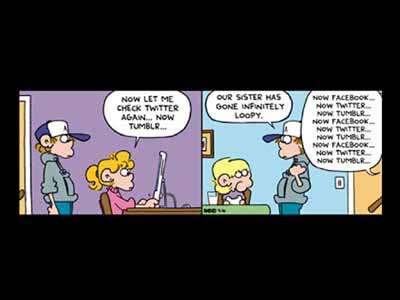 look this up on Google, then get back to what I’m doing” and then forty-five minutes have passed and we’ve gone off on four or five tangents, checked all our e-mail, social media accounts, and maybe we didn’t even find what we were initially looking for.
look this up on Google, then get back to what I’m doing” and then forty-five minutes have passed and we’ve gone off on four or five tangents, checked all our e-mail, social media accounts, and maybe we didn’t even find what we were initially looking for.
Then the more we do that, the more  we crave that slight dopamine rush, the more we want to check our e-mail, Facebook, etc., and soon we’re falling asleep with our Blackberrys on our nightstand and checking them as soon as we wake up, and during the day we start to feel twitchy if we haven’t checked our e-mail, Twitter, Facebook, whatever, for a couple of hours.
we crave that slight dopamine rush, the more we want to check our e-mail, Facebook, etc., and soon we’re falling asleep with our Blackberrys on our nightstand and checking them as soon as we wake up, and during the day we start to feel twitchy if we haven’t checked our e-mail, Twitter, Facebook, whatever, for a couple of hours.
So yeah, sure, evolution may have  equipped us for this behavior, but we are not cavemen any more, and when our ancestors were staying alert, on edge, and paying attention to every possible danger around them, they were not also trying to read eighty pages of Con Law for their next class.
equipped us for this behavior, but we are not cavemen any more, and when our ancestors were staying alert, on edge, and paying attention to every possible danger around them, they were not also trying to read eighty pages of Con Law for their next class.
Being able to quickly check and skim  different resources and monitor multiple streams of information may be a useful skill in some situations, but the mental processes that requires are very different from the processes needed to “learn the law.”
different resources and monitor multiple streams of information may be a useful skill in some situations, but the mental processes that requires are very different from the processes needed to “learn the law.”
Learning the law requires extended  periods of non-distracted focus/concentration on the written word, and you cannot do that with your laptop open next to your casebook while also regularly checking Facebook, Twitter, and e-mail. When you look up from a book to a screen your brain makes several split-second decisions: is that important, do I click on that, should I respond to that? And in just that split-second you’ve disrupted the “deep reading” processes that enable your brain to comprehend what you’ve read and transfer it from your short-term “working” memory to your long-term, retentive memory.
periods of non-distracted focus/concentration on the written word, and you cannot do that with your laptop open next to your casebook while also regularly checking Facebook, Twitter, and e-mail. When you look up from a book to a screen your brain makes several split-second decisions: is that important, do I click on that, should I respond to that? And in just that split-second you’ve disrupted the “deep reading” processes that enable your brain to comprehend what you’ve read and transfer it from your short-term “working” memory to your long-term, retentive memory.
We need to teach our students to use 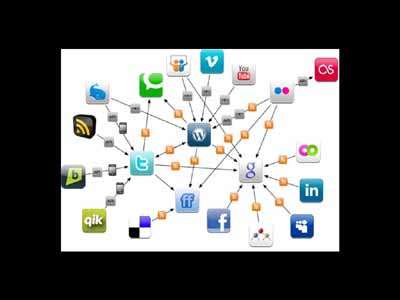 technology and social media deliberately, in a focused manner, to get the most use out of them: but don’t let these tools use YOU.
technology and social media deliberately, in a focused manner, to get the most use out of them: but don’t let these tools use YOU.
Do not let them interfere and distract  you from concentrating on the important tasks that NEED your undivided, focused attention.
you from concentrating on the important tasks that NEED your undivided, focused attention.
The best advice for our students may 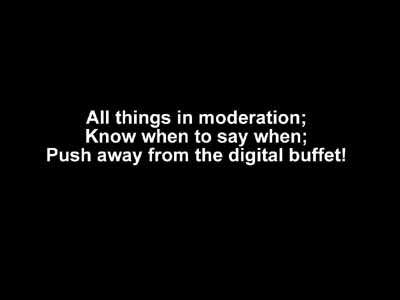 be the same common sense advice for a healthy diet: 1) All things in moderation, 2) know when to say when), 3) push away from the digital buffet - at least when doing your class readings.
be the same common sense advice for a healthy diet: 1) All things in moderation, 2) know when to say when), 3) push away from the digital buffet - at least when doing your class readings.
